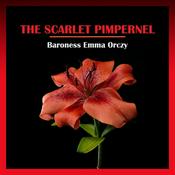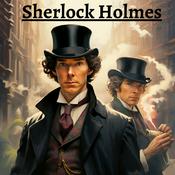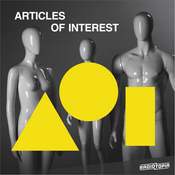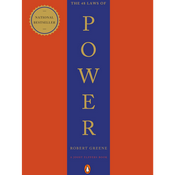13 episodes
- Season one of Rhyme & Reason is finished, but we wanted to share a few bonus episodes featuring some of Gerard Manley Hopkins’s most popular poems that weren’t covered in the main season. We’ve invited Andrew Peterson, songwriter, author, and founder of the Rabbit Room to read them. This is a reading of “Binsey Poplars.”
Music from this episode was from EVOE and Eleven Tales. Sound design and editing is by Nate Sheppard.
For more poetry from the Rabbit Room, subscribe to our newsletter at Rabbitroompoetry.substack.com.
See omnystudio.com/listener for privacy information. - Season one of Rhyme & Reason is finished, but we wanted to share a few bonus episodes featuring some of Gerard Manley Hopkins’s most popular poems that weren’t covered in the main season. We’ve invited Andrew Peterson, songwriter, author, and founder of the Rabbit Room to read them. This is a reading of “My Own Heart Let Me More Have Pity On.”
Music from this episode was from EVOE and Michael Vignola. Sound design and editing is by Nate Sheppard.
For more poetry from the Rabbit Room, subscribe to our newsletter at Rabbitroompoetry.substack.com.
See omnystudio.com/listener for privacy information. - Season one of Rhyme & Reason is finished, but we wanted to share a few bonus episodes featuring some of Gerard Manley Hopkins’s most popular poems that weren’t covered in the main season. We’ve invited Andrew Peterson, songwriter, author, and founder of the Rabbit Room to read them. This is a reading of “Pied Beauty.”
Music from this episode was from EVOE and Maya Belsitzman & Matan Ephrat. Sound design and editing is by Nate Sheppard.
For more poetry from the Rabbit Room, subscribe to our newsletter at Rabbitroompoetry.substack.com.
See omnystudio.com/listener for privacy information. - Season one of Rhyme & Reason is finished, but we wanted to share a few bonus episodes featuring some of Gerard Manley Hopkins’s most popular poems. We’ve invited Andrew Peterson, songwriter, author, and founder of the Rabbit Room to read them. Once again, this is a reading of “God's Grandeur.”
Music from this episode was from EVOE and Doug Kaufman. Sound design and editing is by Nate Sheppard.
For more poetry from the Rabbit Room, subscribe to our newsletter at Rabbitroompoetry.substack.com.
See omnystudio.com/listener for privacy information. - Season one of Rhyme & Reason is finished, but we wanted to share a few bonus episodes featuring some of Gerard Manley Hopkins’s most popular poems that weren’t covered in the main season. We’ve invited Andrew Peterson, songwriter, author, and founder of the Rabbit Room to read them. This is a reading of “The Windhover.”
Music from this episode was from EVOE and Dear Gravity. Sound design and editing is by Nate Sheppard.
For more poetry from the Rabbit Room, subscribe to our newsletter at Rabbitroompoetry.substack.com.
See omnystudio.com/listener for privacy information.
More Arts podcasts
Trending Arts podcasts
About Rhyme & Reason
A deep dive into the life and work of important poets, hosted by Andy Patton. Part of The Rabbit Room Podcast Network. (Rabbitroom.com)
Podcast websiteListen to Rhyme & Reason, The psychology of Money in English and many other podcasts from around the world with the radio.net app
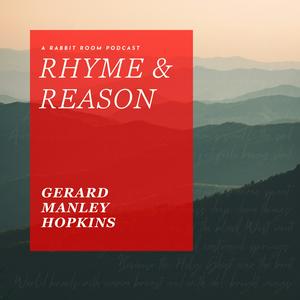
Get the free radio.net app
- Stations and podcasts to bookmark
- Stream via Wi-Fi or Bluetooth
- Supports Carplay & Android Auto
- Many other app features
Get the free radio.net app
- Stations and podcasts to bookmark
- Stream via Wi-Fi or Bluetooth
- Supports Carplay & Android Auto
- Many other app features


Rhyme & Reason
Scan code,
download the app,
start listening.
download the app,
start listening.
















